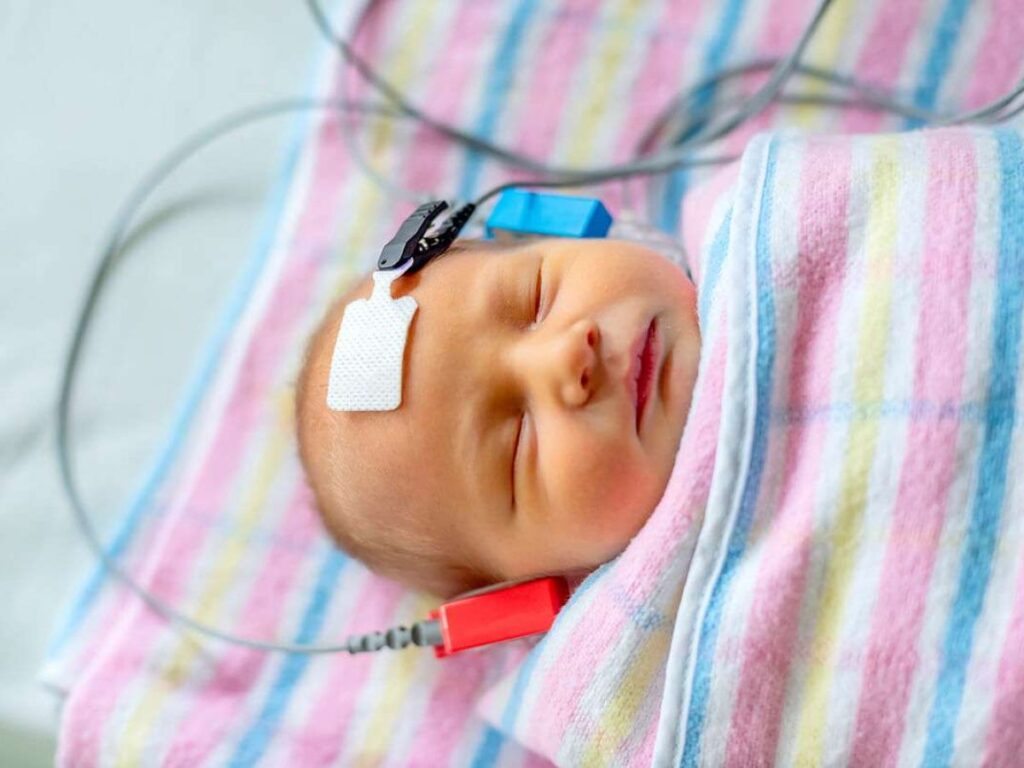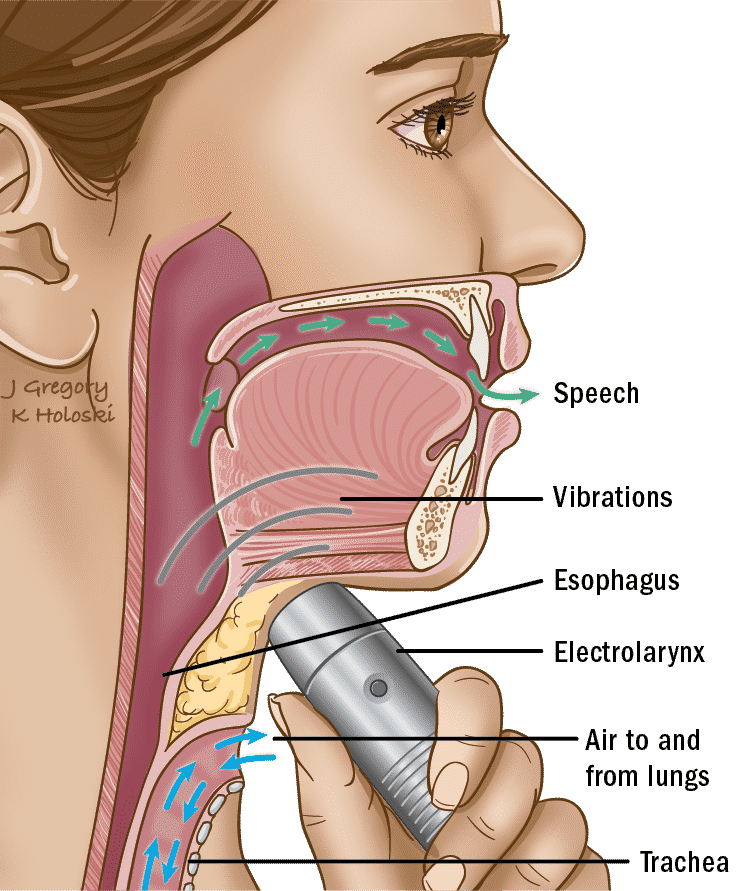A baby’s first cry delights the mother’s heart. It gives life meaning as it has proven to restore purpose in most parental livelihoods. In biological studies, the strain to cry is what initiates the respiratory system. Further into raising the infant, the cry stimulates the production of the oxytocin hormone which precedes contraction of the areola tissues to aid in lactation.

Cars are being modified daily to serve environmental, personal, and economic needs; but what of the infant children? A research study by the National Institutes of Health shows that in the current age group, at least 1.67% of infants were born with a disability. To it, 1 to 2 of 1000 births have moderate-to-severe SNHL. Records show an overall prevalence of about 10.5% in child language disorders. The one that comes to mind first is Selective Mutism: a disorder in which a child has a preference for when and where to speak. It is best dealt with in childhood with proper guidance from an experienced therapist through renowned procedures like CBT (a one-on-one action and problem-solving talking therapy). The most assumed one, which is the biggest concern, is a deaf-mute baby.
The ability to communicate makes us complex beings. In the event of an infant presumed to lack the ability to speak, it becomes strenuous and costly for the child’s growth. Signs of a deaf-mute baby include:
- Unresponsive to name
- Lack of use of gestures to deliver speech
- Failure to understand when spoken to

For deaf-mute adults, there are devices like the electrolarynx, a battery-operated device that produces sound to create a voice. It still has its flaws since due to its monotone output, it is difficult to use over a phone or video call. Other voice restorations include esophageal speech and tracheoesophageal puncture(TEP). Further for such adults in their time of parenthood, ChatterBaby, by Dr. Ariana Anderson helps them to raise their babies as normal parents.
The evident finding is that a large loophole is left for deaf-mute babies whom are left to rely only on around the clock caregivers alongside their guardians. Health practitioners and scientists have dwelt in-depth on speech and hearing but little for the parent problem in children. Operation procedures being the least preferred for infants turned away research on them. Technology is at its revolution and it would be a plus for all ages to benefit including infants. A common Swahili proverb states ‘usipoziba ufa utajenga ukuta’ (If you fail to repair a crack in the wall you will end up building a new wall).
I believe most advanced problems in hearing and speaking can be dealt with at a young age if proper attention shall be given to it.


One response to “A Voice For All Infants”
This is a very good read all parents should get to see this article.thank you very much for insight on this very crucial topic Tony Ng’ang’a. A child should have their ears checked and treated when need is; before leaving the hospitals